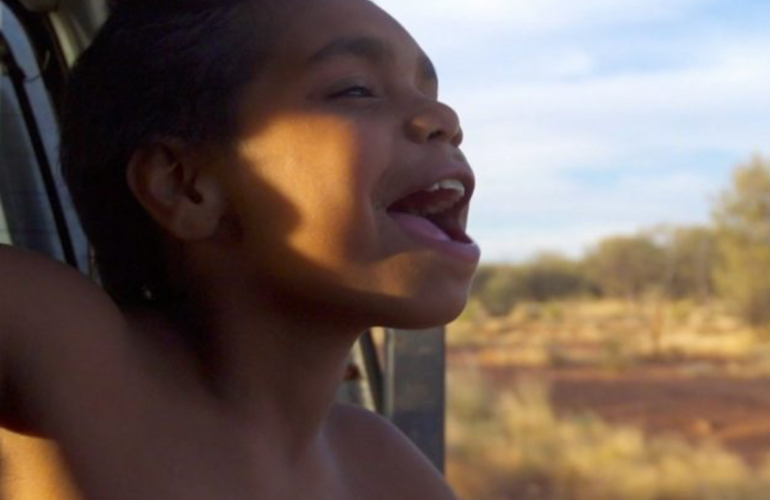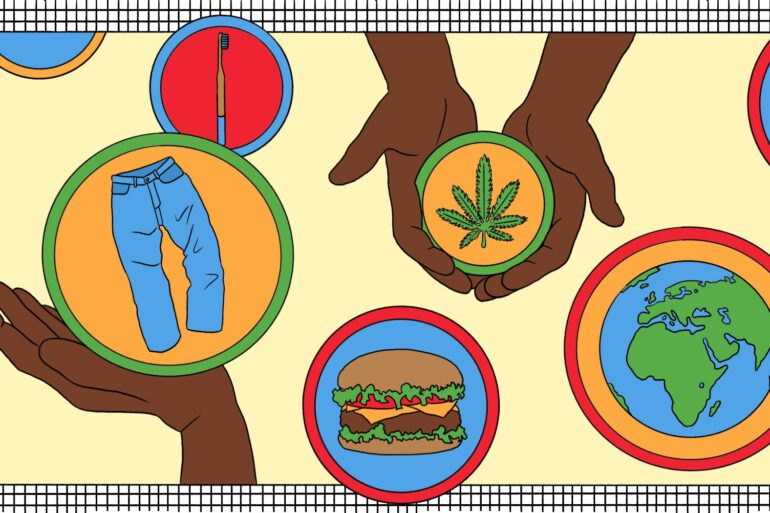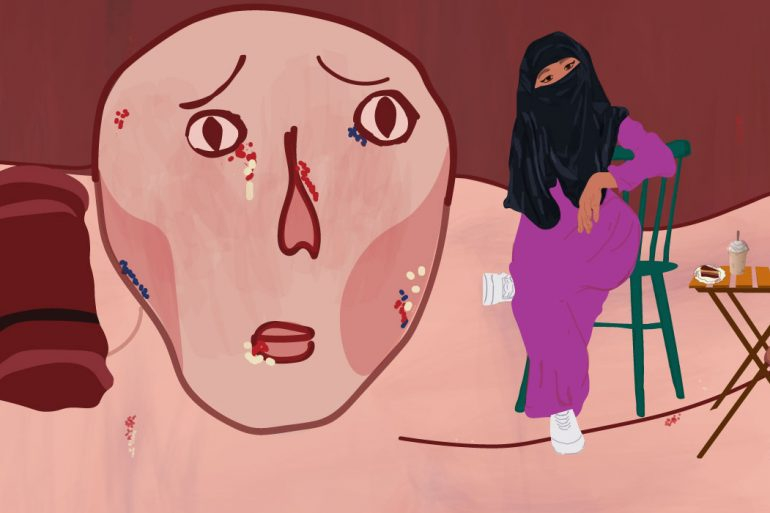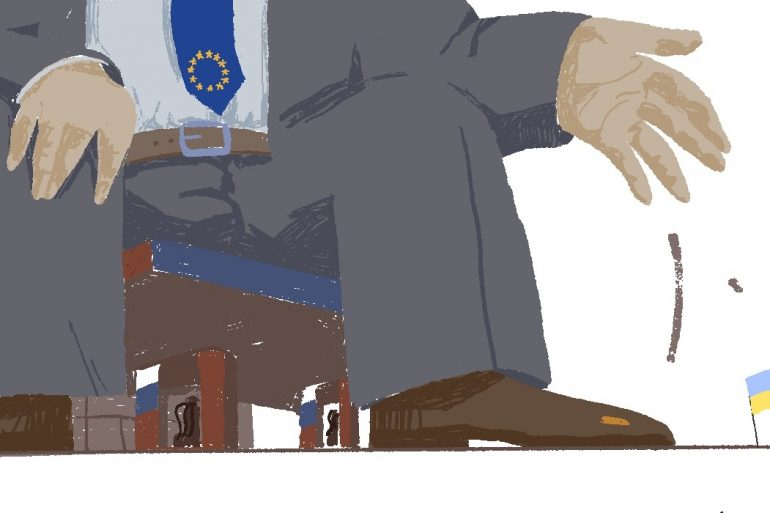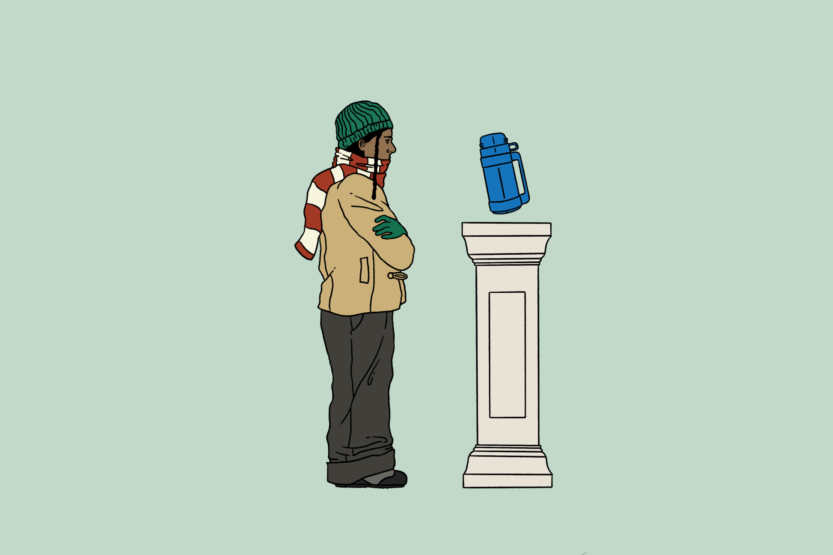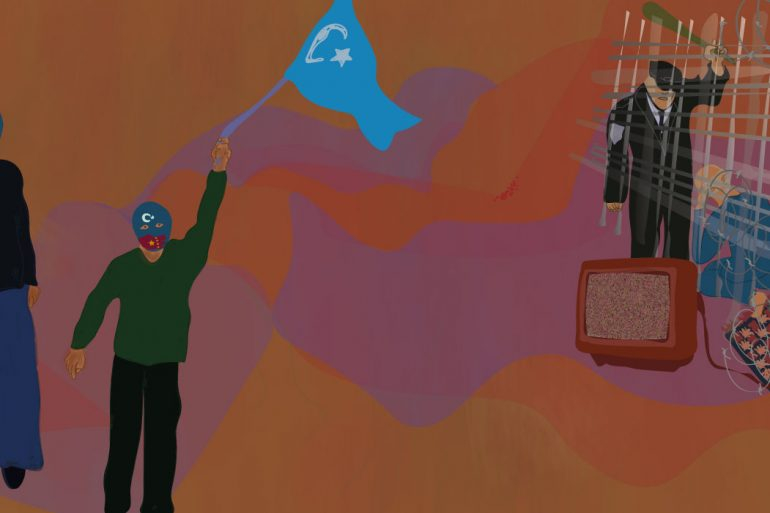Jack Norman and Daniel Edmund are on a mission to insert the men into mental health. They are the co-founders of Milk for Tea, a social enterprise embodying the importance of male inclusion in the movement, which works with communities of men to instigate conversation, understanding and, ultimately, change.
Their website states the hard facts: suicide remains the leading cause of death for men under 45 in the UK; 1 in 5 women in the UK have been sexually assaulted and more than 1 in 5 LGBTQ+ members living in the UK are being verbally or physically abused due to their sexual orientation. Through tackling the root causes of wider societal problems, Milk for Tea demonstrate the power of empathy, honesty and the ripple-effect that male openness around mental health plays in cultural change.

What does change look like in your industry?
Milk for Tea has worked in the men’s wellbeing and personal development space for over three years now. At first, profiling and raising awareness around the issues within the male community was our mission. We are living in a time where suicide is the number one killer of men under 45 in the UK, domestic and child abuse is spiking, members of the LGBTQ+ community are at greater risk of verbal or physical abuse due to their sexual orientation and the list goes on. As a company we’ve shifted from just raising awareness to actually helping men and others do the work that’s needed to induce positive change in our society. Because men still carry the majority of the power in almost every industry and culture around the world; it really starts with us. So, change in our industry looks like improved wellbeing in people’s everyday lives, with men, women and other community groups coming together and putting social issues and redistribution of power at the forefront of mind. The latter of which is vital if we’re genuinely going to live in a more diverse and inclusive world.
What changes are you contributing to in your work?
As a company we’ve been running workshops since May 2018. We have travelled throughout the UK and Internationally to work alongside participants of all genders and backgrounds. This work has been not only hugely rewarding for our participants, but also for us, to allow us to grow. We now understand that consistency and commitment will create change and we believe we can make this vision a reality. We work with UK and International businesses, Educational Institutions and other Organizations to build wellbeing programmes to better day-to-day experiences for everyone. Our workshops cover three main pillars: Modern Masculinity, Personal Development and Professional Development. The topics include everything from Reconstructing Masculinity and Being an Ally to Team Building and Diversity/Inclusion (amongst others). Ultimately one of the biggest contributions we’re making is really facilitating spaces where vulnerability is valued, honoured and practiced. It’s a powerful thing when it happens.

What are some of your biggest successes in 2019?
We are hugely proud to have been out in the field and worked alongside over 6,000 participants this year. We have built a number of long-standing relationships who love what we do and truly care about seeing change in their Organization. We have also been working on a project that we haven’t told many people about… A documentary called Building Modern Men, with whom we partnered with Bristol-based production company, Jones Millbank. We will be hosting screenings for this in 2020, so watch out for that! But for us the biggest success will always be seeing people and companies transformed from the inside out. That’s a big part of why we do what we do.
What is the importance of grassroots activism in implementing change at a higher and broader level?
When we first started out, it was a bit of a taboo to talk about men’s mental health and the issues within the male community etc. We would be having conversations with certain companies and they had a lot of fear and hesitancy which made it difficult sometimes when we were just starting out. Now, because of a variety of different variables, culture and society is in a better space to have these conversations and do the work. We would no way want to take all the credit for how much society has progressed around the issue, but we are proud to have contributed in our own way. We’re committed to doing what we believe is right not what societal norms tells us we have to do and I think that’s what has brought us the success we have seen so far. We still have a long way to go, but from where we have come from, to where we are now is a great achievement. So much of the story regarding Milk for Tea is about grassroots activism and being the underdog. The main message being that you don’t have to be at the top to help make positive change. Start where you, use what you have and do what you can.

What’s next? What are your goals for 2020?
Where do we start! We have some big power plays for next year that we are working on; so, we aren’t fully able to share the details for those just yet, but we’re excited about them We want to continue to grow and build on the foundation we have been working on for the last three years. Work with as many people and companies as possible, from as many backgrounds as possible. Step back into International waters as that was hugely beneficial for everyone involved. But most importantly we want to continue to grow as men, to become more connected with ourselves and others and to use the influence we do have to make other people’s lived experiences be the best they can be. We want to see this world change for the better and we’re determined to do our part in seeing that come to fruition.
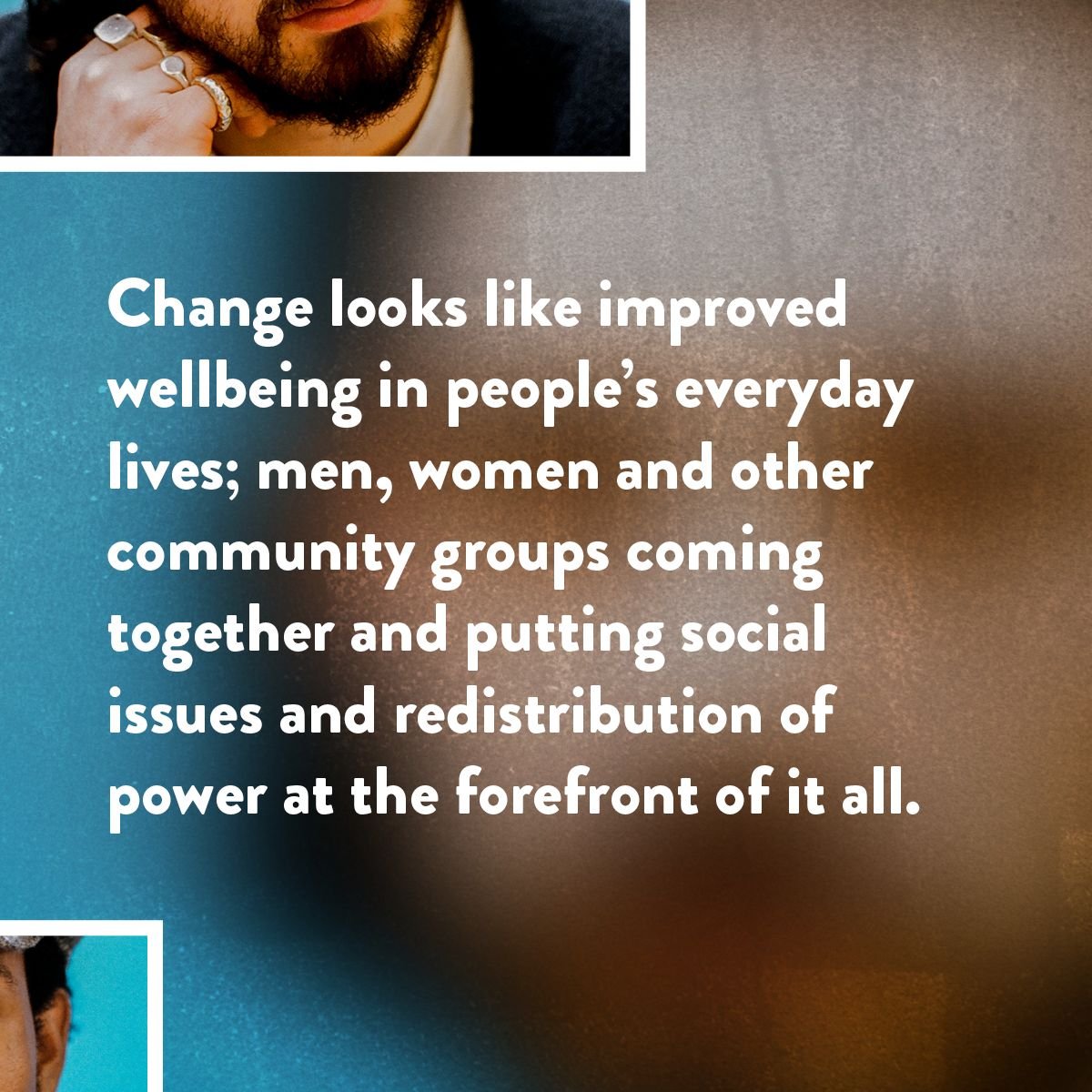
Interview carried out by Hannah Robathan and Isabella Pearce, co-founders of shado





